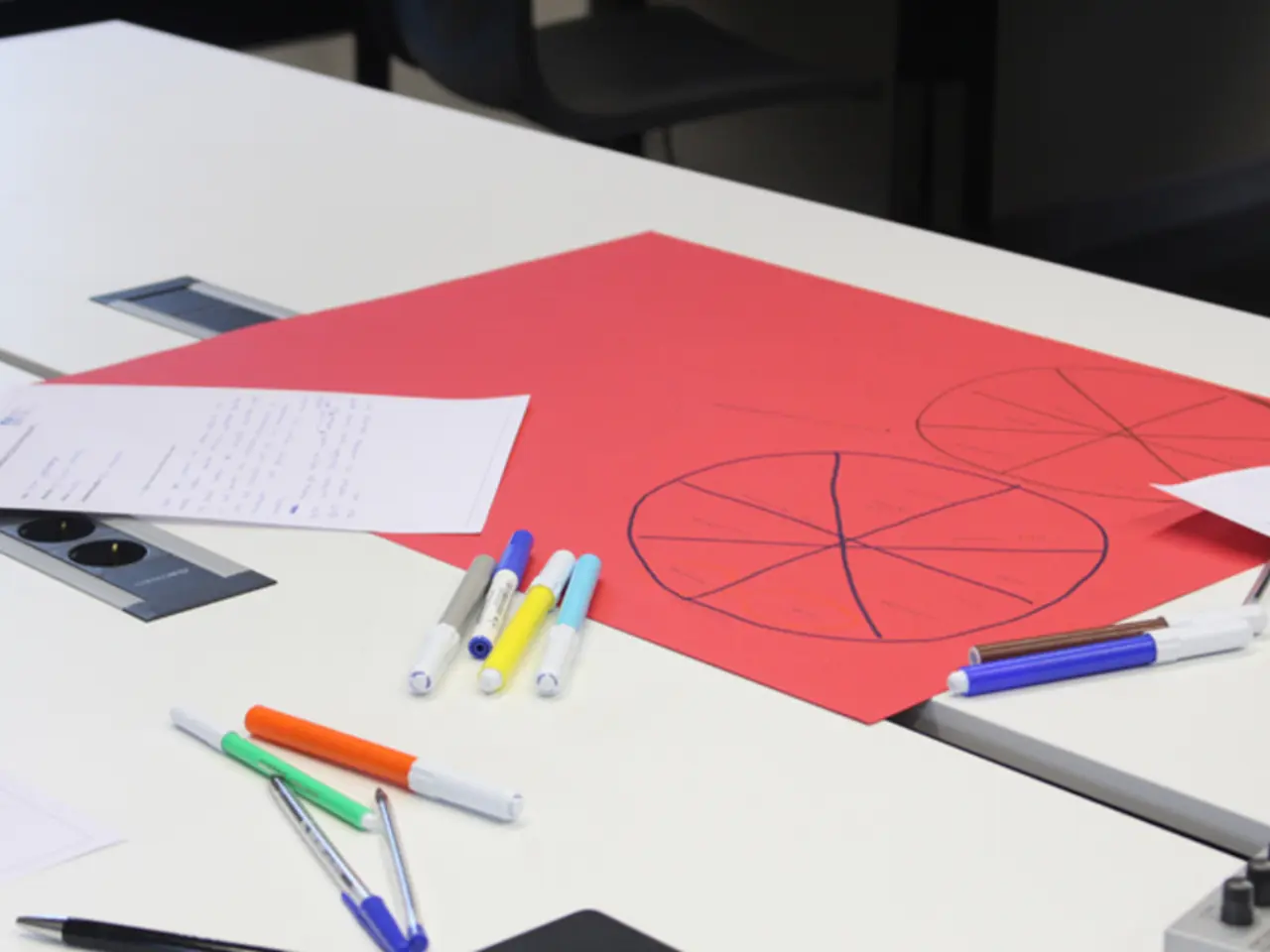Enhanced Brain Health Habits Shown in FINGER Study to Bolster Cognitive Function by 25%
The FINGER (Finnish Geriatric Intervention Study to Prevent Cognitive Impairment and Disability) study, initiated in Finland in 2009, is a groundbreaking research project focused on lifestyle interventions to preserve brain health in older adults. Led by Professor Miia Kivipelto, an award-winning Professor in Clinical Geriatrics, the study aims to investigate the impact of a multidomain lifestyle intervention on cognitive performance in individuals at increased risk of cognitive decline.
The FINGER study's key approach involves addressing multiple lifestyle domains simultaneously, including physical activity, nutrition, cognitive training, vascular risk management, social activity, and sleep/relaxation. This comprehensive strategy is designed to tackle factors contributing to cognitive decline effectively.
The intervention encourages regular physical exercise, which is regarded as a form of therapy that increases blood flow and oxygen to the brain, produces more brain cells, strengthens connections between different brain areas, and increases the size of brain structures. Aerobic exercise, in particular, has been shown to improve memory, attention, and processing speed. Additionally, muscle strength training, aerobic exercise, and exercises to improve postural balance are components of an exercise program beneficial for brain health.
In terms of nutrition, the FINGER study diet provides dietary guidelines based on Finnish recommendations, emphasising increased consumption of fruits and vegetables, whole grains, low-fat milk and meat products, and fish, while decreasing sugar intake and unhealthy fats. Fish, particularly due to its omega 3 content, is considered beneficial for brain health, with DHA, a specific type of omega 3, playing a key role in supporting brain function. High intake of berries, rich in plant nutrients called flavonoids, is also beneficial as it improves memory by increasing blood flow to the brain.
Decreasing alcohol intake and sugar intake has positive effects on brain health. Having 8 or more alcoholic drinks each week leads to a faster decline in cognitive skills, while those who consume more than 7 sugary drinks per week have almost three times higher chance of getting Alzheimer's.
Cognitive exercises, such as Sudoku, remembering words, locations, or number sequences, can help increase the size of brain areas involved in memory and learning. Incorporating intellectually stimulating hobbies in daily life can also help lower the risk of dementia.
The FINGER study has demonstrated that multidomain lifestyle interventions can preserve cognitive function and potentially delay or prevent cognitive decline and dementia by addressing several risk factors in parallel. Early intervention in at-risk elderly individuals through lifestyle modifications has been shown to be feasible and effective.
The success of the FINGER study has inspired similar trials worldwide, such as the U.S. POINTER trial, which also applies lifestyle interventions to diverse populations to validate the generalizability and efficacy of such approaches in brain health preservation. The study's findings emphasise that engagement in regular physical activity, cognitive training, and vascular risk management supports efficient brain function and may reduce the incidence of Alzheimer's disease and other dementias.
In summary, the FINGER study’s multidomain lifestyle intervention model stands as a robust, evidence-based approach for maintaining brain health and reducing dementia risk in old age through modifiable lifestyle factors. Its success has spurred ongoing research and digital health adaptations aimed at broadening access and personalising prevention strategies for cognitive decline.
The FINGER study's diet, based on Finnish recommendations, includes a single capsule dose of increased consumption of fruits and vegetables, whole grains, low-fat milk and meat products, fish, and decreased intake of sugar and unhealthy fats, which are important for maintaining health-and-wellness and mental-health, as fish is beneficial for brain health due to its omega 3 content.
The FINGER study's exercise program, focused on regular physical activity, fitness-and-exercise like aerobic exercise, muscle strength training, and exercises to improve postural balance, science shows can increase blood flow and oxygen to the brain, produce more brain cells, strengthen connections between different brain areas, and increase the size of brain structures, thus supporting efficient brain function and potentially reducing the incidence of Alzheimer's disease and other dementias.
In addition to physical activity and nutrition, the FINGER study also encourages intellectually stimulating hobbies and cognitive exercises, such as Sudoku, to lower the risk of dementia, emphasizing the importance of a holistic approach to preserving brain health and mental-health.




